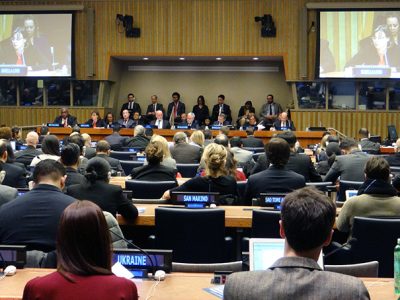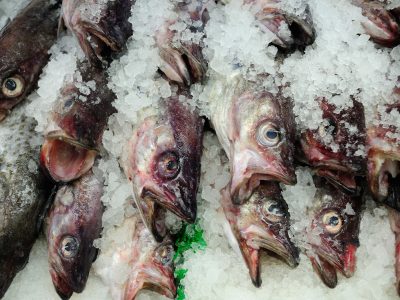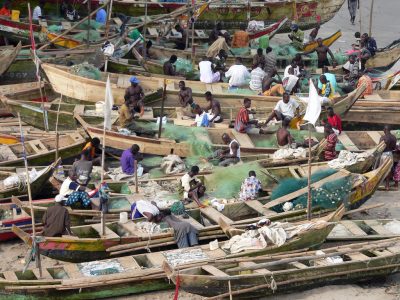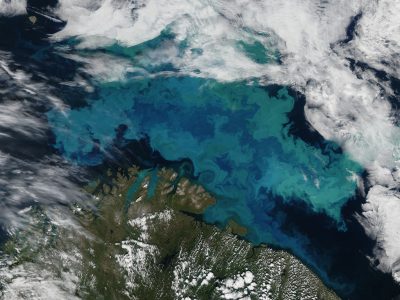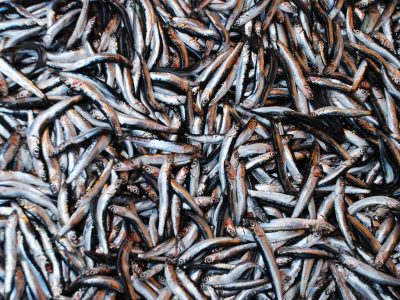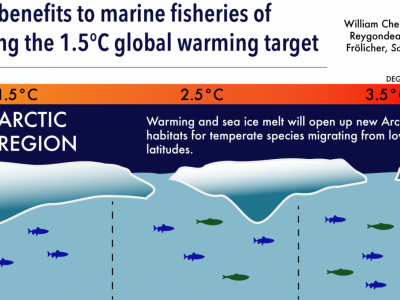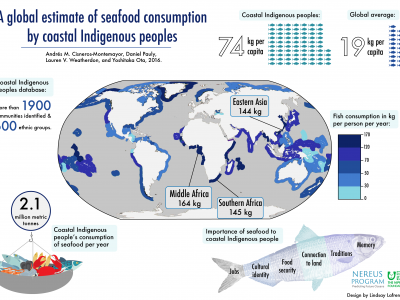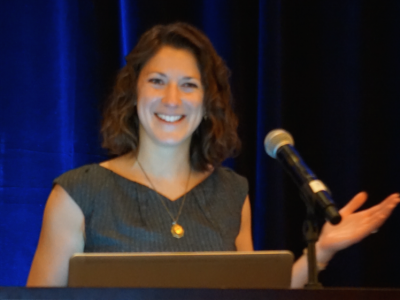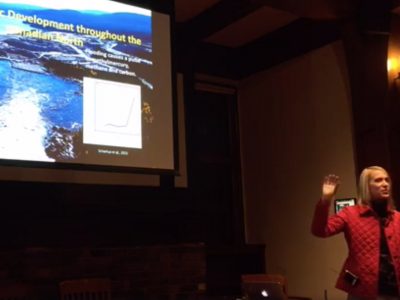Side Event at the UN Ocean Conference Preparatory Meeting
The Nereus Program facilitated a side event on February 16 entitled: “Co-Benefits of Achieving SDG Goal 14 to Wider SDGs: Prioritizing Action Given Climate Change and Social Inequity”. The theme of the event was implications of changing oceans on the advancement of SDG’s, with an emphasis on the co-benefits of achieving ocean targets on other environmental, economic, and social equity goals.



